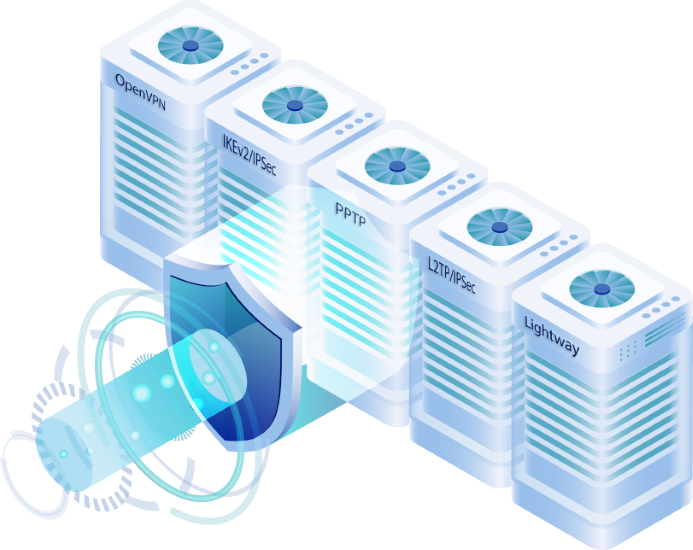

Your Privacy
or even in your personal time, while browsing the internet
What is a VPN?
A virtual private network (VPN) is an internet security solution used to protect a user’s data, privacy, and browsing patterns — effectively helping users stay private while using the internet. VPNs are used for both personal and business purposes and for work across all modern devices from smartphones and tablets to desktop computers and laptops.
A VPN keeps internet users safe and secure by establishing an encrypted “tunnel” that keeps all data and user communications private, typically while using public network connections. By masking your digital identity and anonymizing your internet usage, VPNs are able to efficiently make all of your data fully secure from third parties
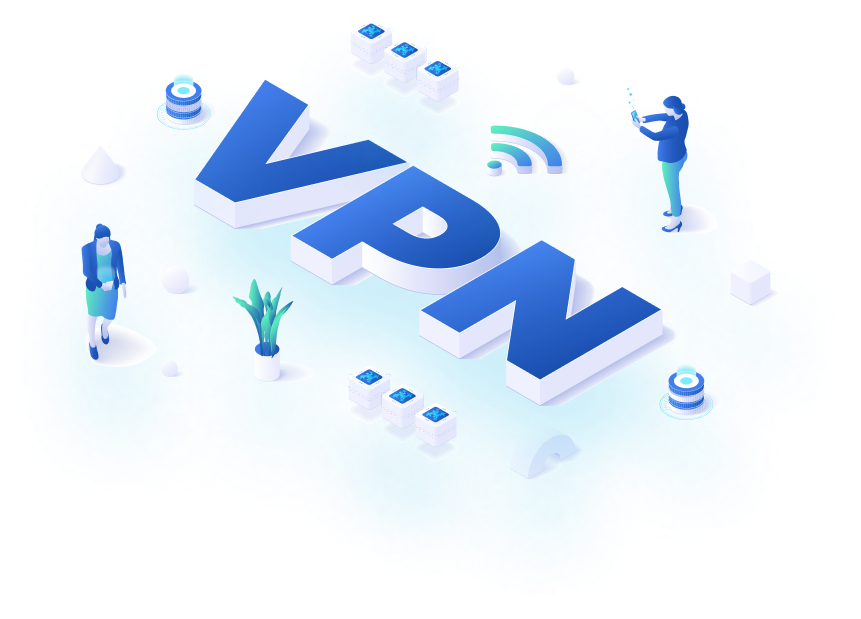
What does a VPN do?
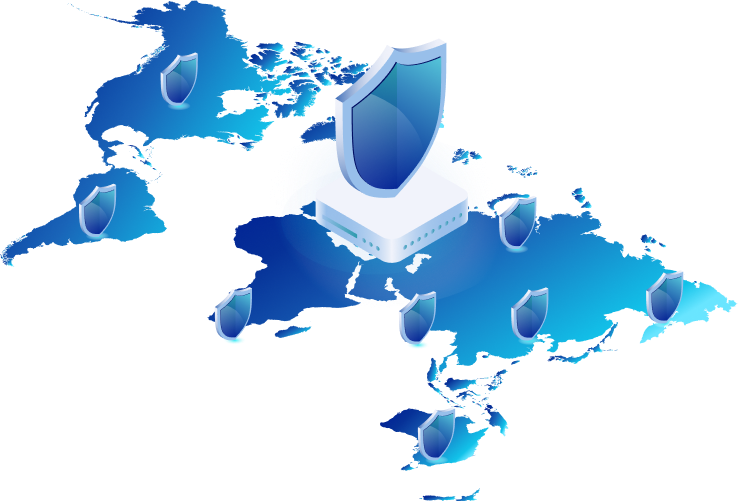
Mask Location
Whether you want to mask your actual location, get around location-based Internet Protocol (IP) address restrictions, or add another layer of security while you use the internet, VPNs are able to hide your actual location from third parties. IP addresses identify a specific machine and that machine’s real-world location — VPNs obstruct this identification by providing users with a completely different IP address.
With most modern VPN solutions, a user can select from a wide range of different locations across the globe to use as their IP address. For example, if a VPN user in the Middle East wants to access a website that has been blocked in their country, they can use a VPN to change their IP address to a European or North American country, thereby circumventing the IP restriction and accessing the online content or services they wish to use.
Protect Data
Does a VPN protect your data? VPNs encrypt and protect user data by establishing a “tunnel” that cannot be seen, accessed, or logged by third parties such as an internet service provider (ISP), employer, government, or malicious entity (e.g., a hacker). Encryption effectively secures all of your internet usage and browsing data from third parties — nobody will be able to see or access your usernames, passwords, browsing history, etc., which is particularly important when using a public WiFi connection or performing sensitive business-related work over the internet.
Protect Privacy
VPNs were initially created for the business world to help remote workers and employees while accessing business-related services via the web. Fast forward two decades, and VPNs have grown increasingly popular for both personal and business use cases — especially in an age where everything has gone digital, remote work is commonplace, and more users than ever are using online services.
VPNs protect users’ privacy by masking their location, changing their IP address, and providing fully secure, encrypted connections from devices to the world wide web. From advertisers tracking your every move, websites installing cookies, or nefarious third parties looking for an exploit or to log your digital data, a VPN will keep your data from prying, web-based eyes.
Why do I need VPN?
Public Wifi
Public WiFi networks are a common source of vulnerabilities for users’ personal data and internet activities. Using a VPN, such as the fastest VPN service, can protect users’ information from being accessed by third parties, such as hackers, and make their internet usage fully anonymous and secure
Business
The increase in popularity of the web has also resulted in a rise in cyber attacks on businesses. A VPN can protect a company’s sensitive data and communications by encrypting all internet activities, masking the company’s online ID, and making its information anonymous. It is important for businesses to choose the best VPN app for Android or other devices to ensure maximum security and protection
Gaming
Using a VPN can provide several advantages for gamers, such as enabling faster connection speeds and reducing lag. It can also allow gamers to bypass IP blocks and access geo-blocked game servers from any location. Additionally, a VPN can protect gamers from being targeted in online attacks by masking their real-world location and online identity
Traveling
VPNs can be a valuable tool for travelers to keep their internet usage secure and protect their personal or business data while on the go. By encrypting all internet activities, masking the user’s online ID, and making their information anonymous, a VPN can provide peace of mind for travelers using public WiFi networks or accessing sensitive information. It is important to select a VPN service provider that offers the fastest VPN server speeds for optimal protection
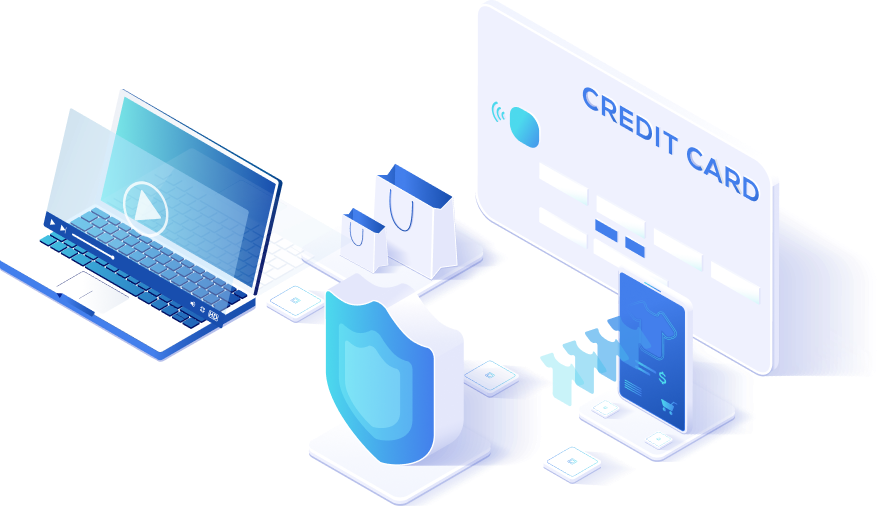
VPN Types

Business & Personal
Personal and business VPNs are designed for different purposes. Personal VPNs are intended for individuals who want to protect their online privacy and access restricted content, while business VPNs are designed for companies and organizations that need to securely access and share sensitive information over the internet. Personal VPNs are typically subscription-based and offer a range of features to protect users from cyber attacks, while business VPNs offer additional security features and can encrypt all internet activities and communications within a company.
How does it work?
A VPN encrypts a user's internet activities and communications, making them secure and anonymous. When a user connects to a VPN, the VPN establishes an encrypted ``tunnel`` to its servers, where all of the user's internet usage, data, and information is protected from third parties. By routing their internet connection through the VPN's servers, users can securely access the internet without worrying about their personal data being accessed by others. VPNs are useful for protecting online privacy, bypassing internet restrictions, and securely accessing sensitive information. They are available in different types, such as personal, business, gaming, and travel VPNs
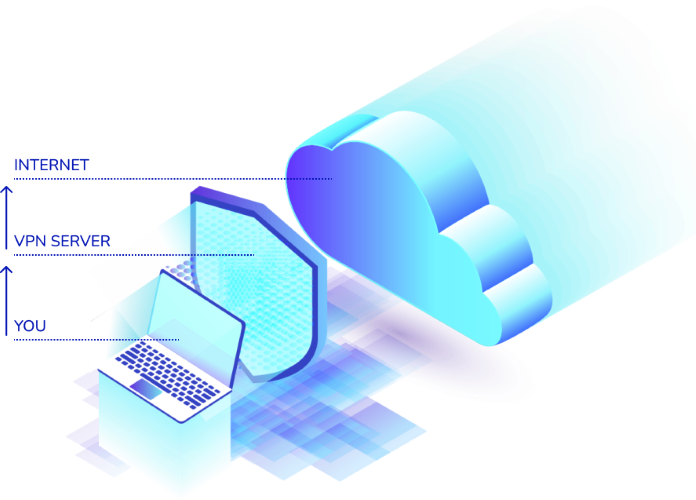
VPN Alternatives
For businesses, VPNs offer several advantages over their alternatives such as Tor, proxy servers, and SD-WAN. While Tor and proxy servers may be suitable for personal use, they do not offer the same level of security and functionality as VPNs for business scenarios. On the other hand, SD-WAN is geared towards enterprise-level businesses and may offer specific functionalities that VPN solutions do not meet. However, VPNs provide a balance of security and functionality for businesses, as well as features such as encryption and access to a wider range of servers. This makes them a more versatile and secure option compared to their alternatives for businesses.
VPN Protocols
There are a handful of popular protocols used by major players in the VPN solutions industry — here is a list of five most common VPN protocols:
• OpenVPN
• Layer 2 Tunnel Protocol (L2TP)
• Secure Socket Tunneling Protocol (SSTP)
• Internet Key Exchange version 2 (iKEv2)
• Wireguard
